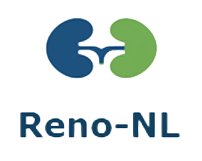Organ Perfusion Technology
Organ Perfusion: A Powerful Preclinical Screening Platform
Human-Relevant. Ethically Driven. Scientifically Robust.
At Reno-NL, we apply advanced cold and warm organ perfusion protocols using surplus organs from slaughterhouses and, when appropriate, human donor organs. Our primary focus is on the kidney. This dynamic ex vivo model preserves the organ’s native anatomy and physiology, including intact architecture, vascularization, and metabolic function, offering a highly translatable alternative to traditional preclinical models.
Unlike conventional in vitro systems, our platform enables precise control of perfusion parameters and real-time monitoring of perfusate concentrations and urine excretion, resulting in superior data quality, reproducibility, and predictive accuracy. By leveraging organs with high relevance to human biology, we reduce the need for animal experimentation and align with the 3R principles (Replacement, Reduction, Refinement).
This unique combination of physiological realism, ethical responsibility, and cost-efficiency makes organ perfusion an ideal solution for researchers and industry partners seeking reliable insights in transplantation, drug development, and medical device testing.
Organ perfusion process

Organ retrieval
The process begins with controlled removal of the organ. For our preclinical studies, we use slaughterhouse-sourced organs. Rapid and careful retrieval ensures optimal preservation and the best condition for the next phase.
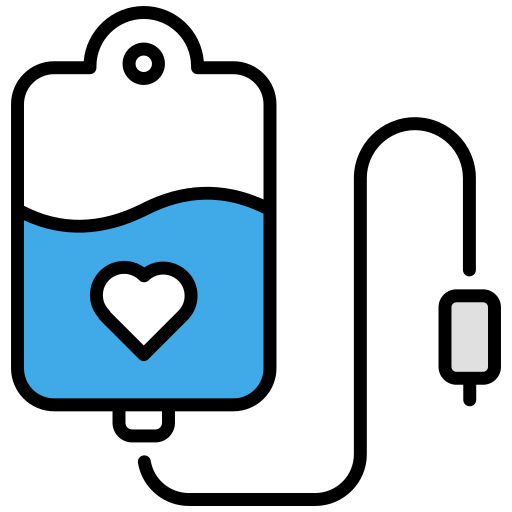
Cold perfusion
Immediately after retrieval, the organ is connected to our cold perfusion system. A cold preservation solution keeps the cells viable and minimizes damage. This step is critical for maintaining organ quality.
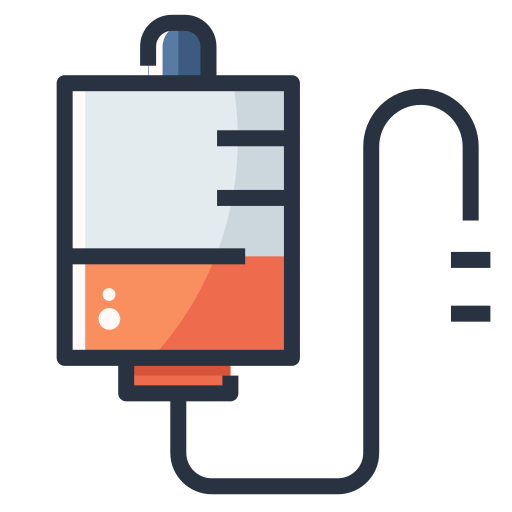
Warm perfusion
Next, we mimic body conditions through a stage of warm perfusion. Oxygen and nutrients are circulated to recondition the organ. This phase also allows tracking of kidney health, and real-time monitoring of its response to various biomedical treatments.

Analysis
In the final stage, we process all samples collected during the study and perform high-end analyses of both liquid samples (perfusate and urine) and tissue biopsies. This includes assessment of organ viability, function, disease-specific markers, microscopy, pathway analysis, and pharmacokinetic/ toxicological profiling.
About our technology
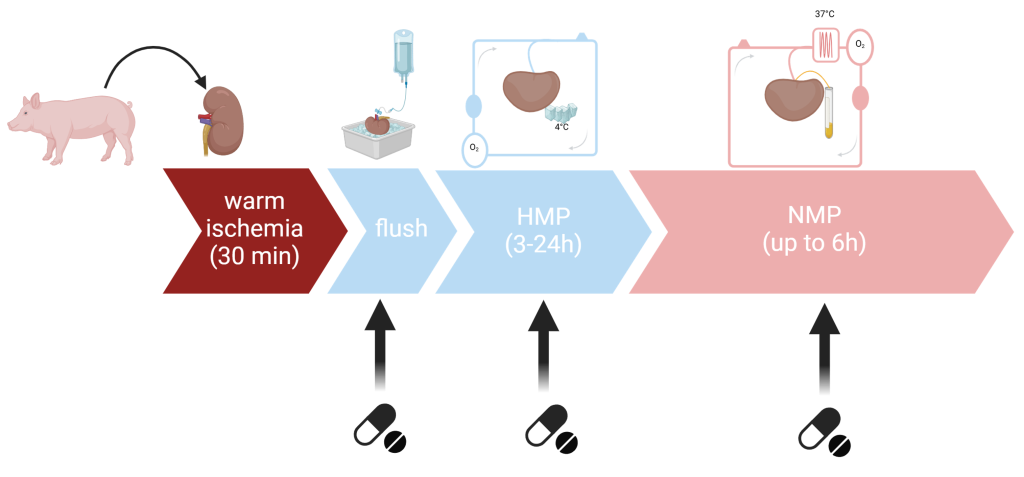
Reno-NL perfusion protocol: Therapeutics or medical devices can be tested in the various stages of our process. This process is flexible and can be adjusted to your research question. Combining cold (HMP = hypothermic machine perfusion) with warm (NMP = normothermic machine perfusion) phases allows long-term treatments and sampling at various conditions.
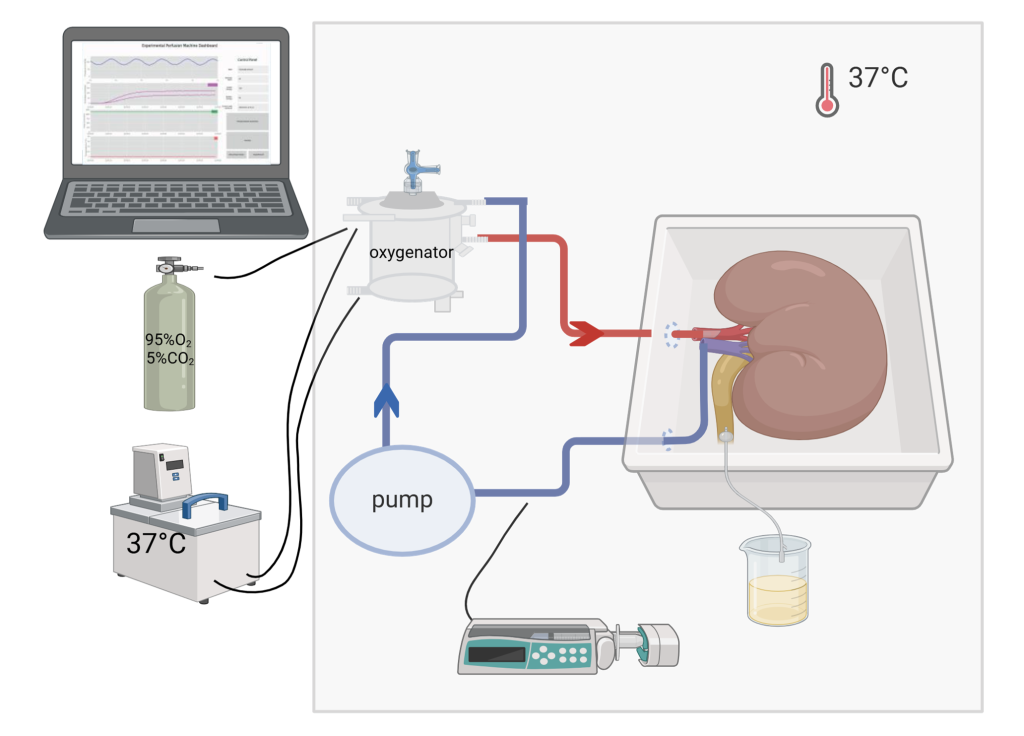
Our NMP circuit: Perfusions of kidney tissue are performed under controlled conditions similar to human physiology (37°C, oxygenation, mean arterial pressure 50-70 mm Hg, and well-balanced perfusate composition)

